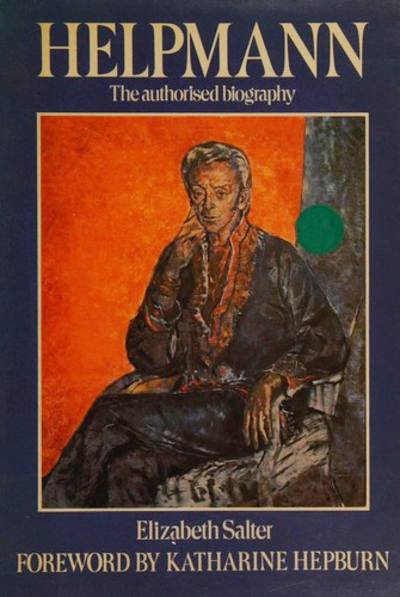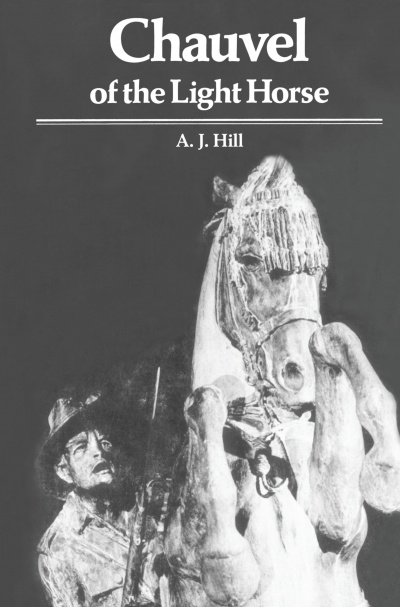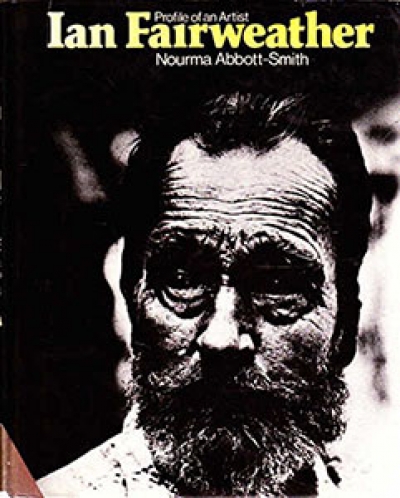Archive
Aesychlus: The Oresteian trilogy: A theatre version by Rush Rehm
by Dennis Pryor •
This Sin and Scandal: Australia’s population debate 1891–1911 by Neville Hicks
by Patricia Grimshaw •
Chauvel of the Light Horse: A biography of General Sir Harry Chauvel, G.C.M.G, K.C.B. by A.J. Hill
by Rod Nicholls •
Ian Fairweather by Nourma Abbott-Smith & Conversations with Australian Artists by Geoffrey de Groen
by Gary Catalano •








